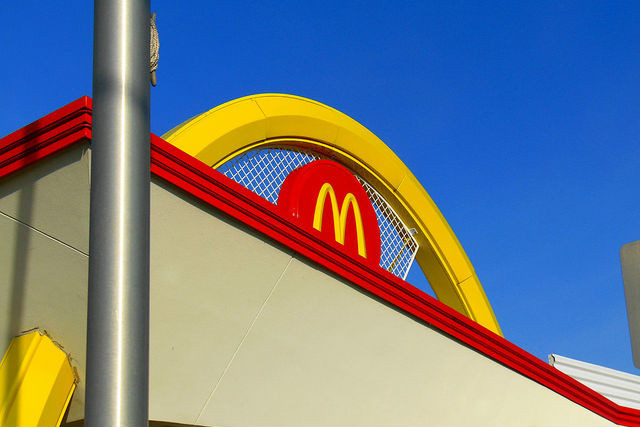“Our in-depth investigation has shown that the reason for double non-taxation in this case is a mismatch between the Luxembourg and US tax laws, and not a special treatment by Luxembourg,” the EU commissioner in charge of competition policy, Margrethe Vestager, said. “Therefore, Luxembourg did not break EU state aid rules.”
The investigation probed the tax rulings granted by Luxembourg authorities in 2009 to McDonald’s Europe Franchising, a subsidiary of McDonald’s Corporation, based in the US and considered a “permanent establishment” under Luxembourg law. The ruling confirmed the company did not need to pay corporate tax in Luxembourg since profits would be taxed in the US, a matter covered by the Luxembourg-US double taxation treaty exempting income from corporate tax in Luxembourg if it is taxed in the US. In a second tax ruling, McDonald’s Europe Franchising was relieved of having to provide proof that royalty income was subject to tax in the US.
In June 2018, Luxembourg introduced a draft law to bring the tax code in-line with the OECD’s base erosion and profit-shifting project (Beps) to avoid these sorts of cases of double non-taxation in the future. Once adopted, the law will mean that under certain conditions Luxembourg would be able to require companies claiming to have a taxable presence abroad to submit confirmation that they are subject to taxation in the other country.
The decision was the latest from the commission into Luxembourg tax dealings with multinationals. In June 2018, it found that Luxembourg broke state aid rules in its tax ruling with Engie, ordering the latter to pay €120m in back taxes, a decision that Luxembourg is appealing. Prior to that, it rule in October 2017 that Luxembourg gave illegal state aid to Amazon, leading to the recovery of €282.7bn and in October 2015, it reached a similar conclusion regarding Fiat, leading Luxembourg to recover €23.1m from Fiat.
Luxembourg finance minister Pierre Gramegna welcomed the decision. He said: “I am pleased that the commission notes that the application of the rules in force at the time was in conformity with EU law. This decision strengthens Luxembourg's position that while the application of the rules in force at the time might have resulted in a situation that no longer reflects the current spirit of the national and international tax framework, such an application does not constitute state aid.”
Greens/EFA group financial and economic policy spokesman Sven Giegold said the findings made it clear that competition law has reached its limits and called on the commission to put forward a proposal on how the outflow of untaxed profits from the EU can be prevented.
The German MEP added that since the investigation began, McDonald’s has “complicated its corporate structure” and is “using tax loopholes in Great Britain.” In light of Britain’s departure from the EU, he said the EU should insist that the UK, its crown colonies and overseas territories should stop aiding tax avoidance. “Only those who abide by fair tax rules can benefit from the European internal market,” he said.
